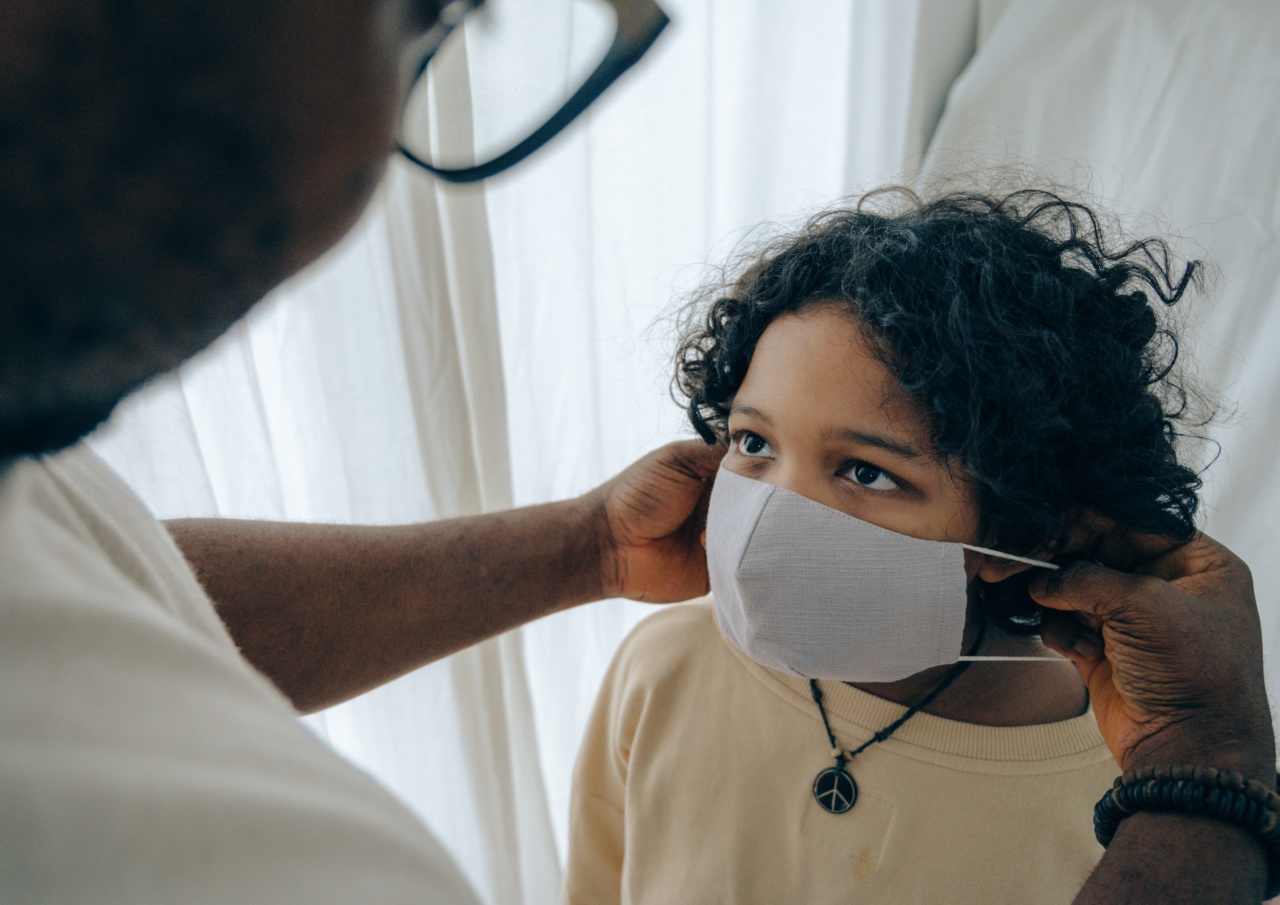Ear infections are a common problem in children, especially under the age of 3. The pain and discomfort caused by ear infections can make life miserable for both the child and their parents.
Furthermore, recurrent ear infections can lead to delays in speech and language development, affect hearing, and cause other serious complications. In this article, we will discuss how to prevent recurrent ear infections in children.
Understanding Ear Infections
Ear infections occur when the middle ear, the area behind the eardrum, becomes infected with bacteria or viruses.
Children are more vulnerable to ear infections because their Eustachian tubes, which connect the middle ear to the back of the throat, are shorter and narrower than adults, making it easier for bacteria and viruses to enter and cause infection. Symptoms of ear infections in children include ear pain, fever, irritability, difficulty sleeping, and loss of appetite.
Preventing Ear Infections
There are several steps you can take to prevent ear infections in children:.
1. Breastfeed
Studies have shown that breastfed babies are less likely to develop ear infections than formula-fed babies. Breast milk contains antibodies that help boost the baby’s immune system and fight off infections.
2. Limit exposure to secondhand smoke
Exposure to secondhand smoke can increase the risk of ear infections in children. It is best to avoid smoking around children, and make sure that your child is not exposed to secondhand smoke in other places, such as in cars or public places.
3. Keep your child’s vaccinations up to date
Many childhood illnesses, such as pneumococcal disease and influenza, can lead to ear infections. Keeping your child’s vaccinations up to date can help prevent these illnesses and reduce the risk of ear infections.
4. Practice good hygiene
Washing your hands frequently, especially before feeding or caring for your child, can help prevent the spread of germs that can lead to ear infections.
It is also a good idea to avoid sharing utensils, towels, or other personal items with your child when they are sick.
5. Avoid bottle propping
When feeding your baby, it is best to hold them rather than prop up their bottles. Bottle propping can cause milk or formula to enter the Eustachian tubes, increasing the risk of infection.
6. Avoid pacifiers and sippy cups
Pacifiers and sippy cups can cause the same problem as bottle propping, as they can also push liquid into the Eustachian tubes.
It is best to avoid using pacifiers and sippy cups, and to encourage your child to drink from a regular cup as soon as they are able.
7. Treat allergies promptly
Allergies can lead to ear infections by causing inflammation in the Eustachian tubes. If your child has allergies, make sure they receive appropriate treatment to reduce the risk of ear infections.
8. Keep your child away from sick people
When possible, avoid taking your child to places where there may be sick people, such as daycare centers or schools. This can reduce the risk of exposure to germs that can cause ear infections.
9. Manage stress
Stress can weaken the immune system and make your child more susceptible to infections. Make sure your child gets plenty of rest, eats a healthy diet, and engages in activities that help reduce stress, such as exercise and relaxation techniques.
10. Consult a doctor
If your child is prone to recurrent ear infections, it is important to consult a doctor. They may recommend ear tubes, which can help drain the middle ear of fluids and reduce the risk of infections.
Your doctor may also recommend other treatments or lifestyle changes that can help prevent ear infections.
Conclusion
Ear infections can be painful and disruptive for both children and parents. However, by taking steps to prevent ear infections, you can help keep your child healthy and happy.
Breastfeeding, limiting exposure to secondhand smoke, keeping vaccinations up to date, practicing good hygiene, avoiding bottle propping, and managing allergies and stress can all help reduce the risk of ear infections. If your child is prone to recurrent ear infections, consult a doctor for advice on treatments and lifestyle changes that can help prevent future infections.






























